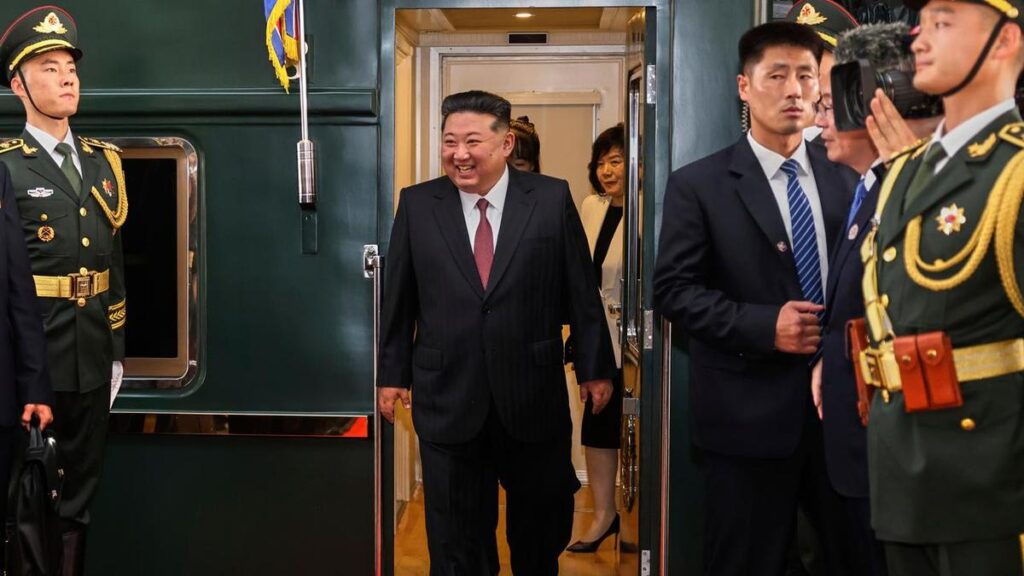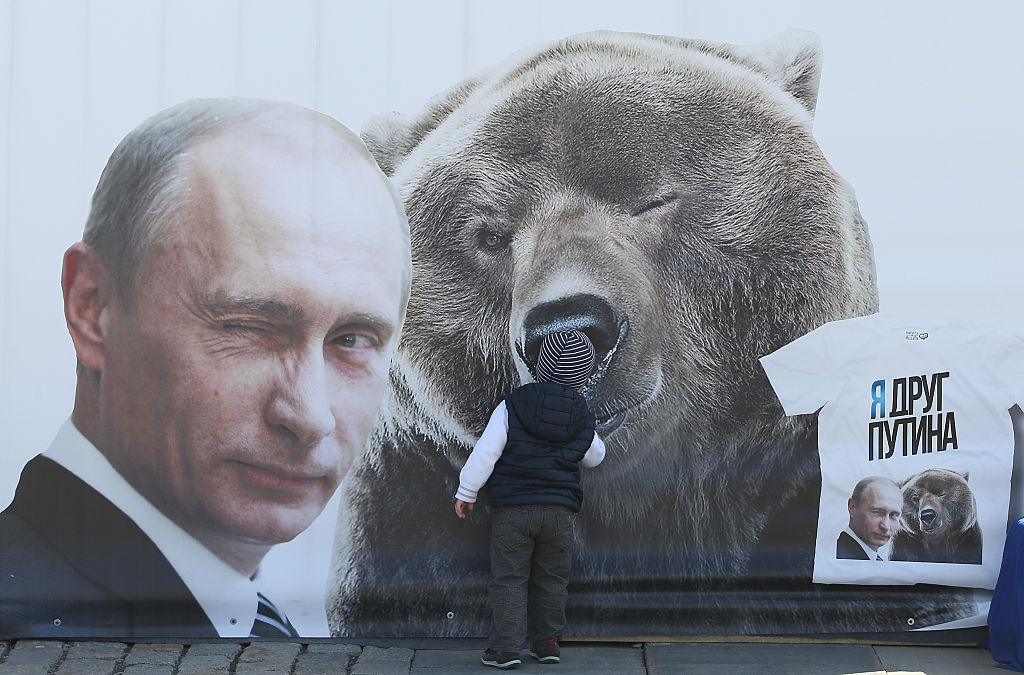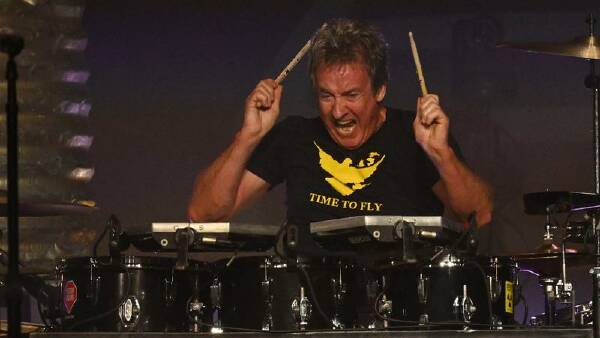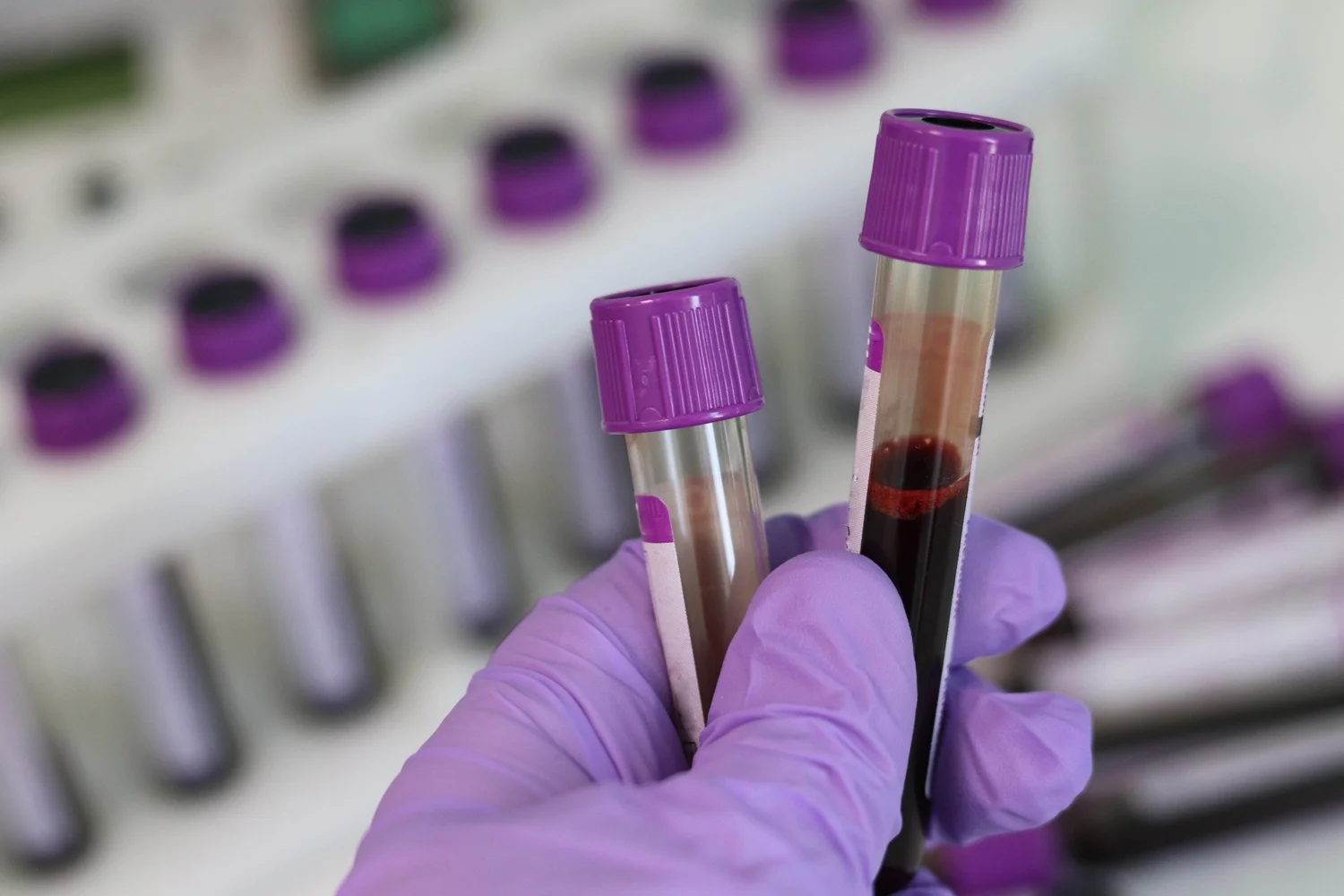
China’s President Xi Jinping convened his Russian and North Korean counterparts, Vladimir Putin and Kim Jong-un, in Beijing on March 18, 2024, marking a significant diplomatic alignment among nations facing Western criticism. This meeting, the first of its kind, took place at the Great Hall of the People and was characterized by displays of solidarity as the three leaders gathered amid escalating tensions stemming from the ongoing conflict in Ukraine.
Following initial discussions, Xi referred to Putin as his “old friend” before Kim’s arrival was confirmed by North Korean state media. The reports indicated that Kim was welcomed by Chinese officials, including Foreign Minister Wang Yi, and expressed gratitude for Xi’s hospitality. The trio is scheduled to participate in a large military parade in Beijing, where Xi is expected to articulate his vision for a new global order, contrasting sharply with the United States‘s “America First” policies that have strained alliances in the West.
Analysts are closely observing the implications of this meeting, particularly in light of a military pact signed between Russia and North Korea in June 2024. There are concerns that this gathering may herald a closer defense relationship among the three nations, potentially shifting the military balance in the Asia-Pacific region. Such a development could pose challenges for the West, especially for President Donald Trump, who has previously emphasized his relationships with these leaders while promoting his own peacemaking efforts.
Xi took the opportunity to address a gathering of over 20 leaders from non-Western countries, stating, “We must continue to take a clear stand against hegemonism and power politics.” This remark serves as a pointed critique of Western influence, particularly aimed at Trump, who has criticized nations like India for their continued purchases of Russian oil, purportedly financing the war in Ukraine.
While Xi and Putin engaged in talks, the Gazprom and China National Petroleum Corporation signed agreements to enhance gas supplies to China and develop a new pipeline expected to service the region for the next 30 years. This cooperation underscores the deepening economic ties between Russia and China, particularly in the energy sector.
The military parade scheduled for March 20 will be a pivotal event for Kim, as it represents the largest multilateral diplomatic engagement he has attended. This occasion not only allows him to showcase North Korea’s military capabilities but also offers a platform to garner international support for his nuclear ambitions.
During the past year, North Korea has reportedly deployed over 15,000 troops to support Russia’s efforts in Ukraine, with around 600 casualties reported among these forces. This involvement has raised alarms among international observers, particularly in South Korea, where intelligence assessments suggest further military contributions from Pyongyang are likely.
As China prepares for its “Victory Day” parade, commemorating 80 years since Japan’s defeat in World War II, the event has been meticulously planned, involving extensive security measures and traffic controls across Beijing. Authorities aim to impress an expected audience of 50,000 spectators with displays of advanced military technology, alongside a symbolic release of over 80,000 peace doves.
The meeting of Xi, Putin, and Kim encapsulates a strategic alignment that could redefine geopolitical dynamics in the region, particularly as Western nations grapple with the implications of this emerging partnership.






